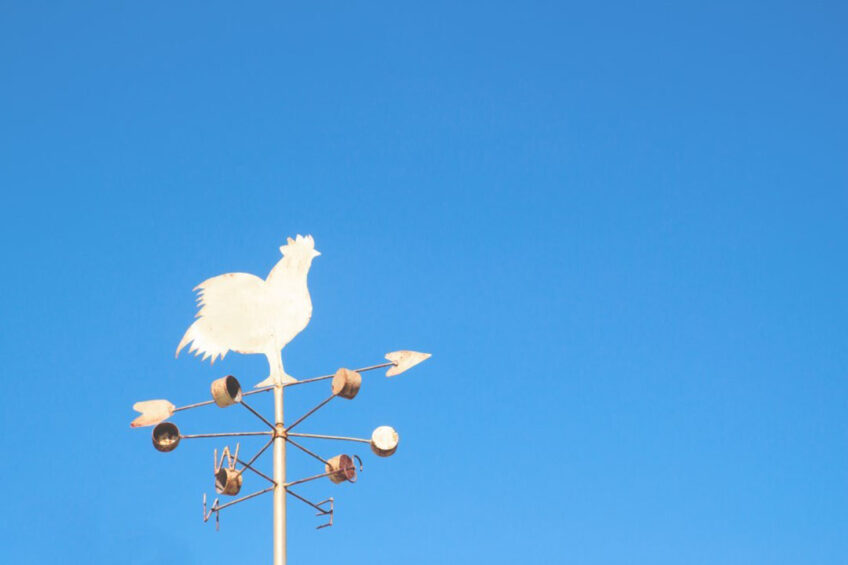Lack of agritech knowledge holding back UK farmers

Concerns and a lack of understanding of new technologies and the investment they entail are holding back British farmers, according to a recent report released by insurers NFU Mutual.
The survey found that a lack of access to finance was key in limiting respondents (30%), followed by uncertainty about the future (17%) and supply chain difficulties (7%).
Charlie Yorke, farm insurance specialist with NFU Mutual, said: “While many farmers are open to using new technology, a lack of understanding of new technologies and the investment they entail, means they are hesitating to take the plunge.
“Understandably, there’s a real fear among farmers that they could make the wrong tech choice for their farm and end up with an expensive system that becomes outdated quickly. To make the right investment, farmers need to work closely with system suppliers, leading agricultural colleges, and other farmers to make sure they make the best decisions for their business.”
NFU Mutual’s agritech advice to farmers:
- Review the farm’s long-term strategy and then identify how technology and the use of detailed data could help you achieve your goals.
- Explore technology systems that integrate not only with your farm’s activities but also your supply chains.
- Keep up to date with developments and ensure you have the management skills to adopt technology and successfully master opportunities.
- Consider working with other farms as cooperation can help achieve economies of scale both in the use of new technology and the adoption of farmer-friendly supply chains.
- Understand the potential risks and knock-on effects that new technology can cause and the solutions to mitigate these.
Poultry leading the way
One poultry unit that has responded to the tech challenge to scale up sustainability is Cornish-based St Ewe Free Range Eggs. The family-run egg producer and packer sells shell eggs to supermarkets and online retailers throughout the UK as well as their pasteurised liquid eggs to foodservice and some of the top restaurants in the country.
They are leaders in innovation and have continuously invested in research and new technology to keep the business moving forward and aligned with the ever-changing demands of today’s market.
St Ewe’s latest plans include a 4,500-sqm packing centre with a £1 million investment in an egg grader packed with automatic features, including automatic candling, crack, blood and dirt detection, and a UV disinfection function.
As well as enabling the business to significantly upscale, new technology is also a tool to make the business as sustainable as possible.
Owner, Bex Tonks, said the move would help reduce packing costs and offer a much more consistent level of quality and a more sustainable way to run a food production business: “We’re always striving to reduce our carbon footprint and the new grader will allow us to work more efficiently.”
As well as enabling the business to significantly upscale, new technology is also a tool to make the business as sustainable as possible. St Ewe, for example, is working on developing new products such as drinks that don’t have to be chilled, so they can be sold with a lower carbon footprint.








